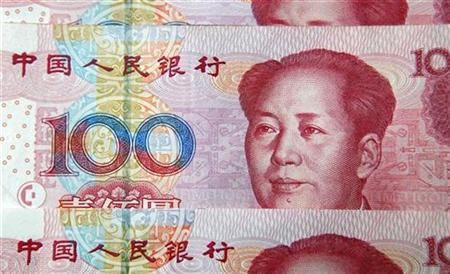China’s Service Activity Expanded In November But At Slower Pace: HSBC PMI

China's service activity expanded in November but at a slower pace compared to that in the previous month, according to the HSBC Services Purchasing Managers’ Index (PMI) released Wednesday.
The reading of the Services PMI, a measure of the nationwide service activity, rose to 52.1 in November compared to 53.5 in October. “Despite the moderating growth of services activities in November, services providers hired more workers and became more optimistic on future outlook. Services sectors’ performance is likely to get a lift from the recovering manufacturing growth, as the filtering-though of policy easing is likely to boost domestic demand in the coming months,” Hongbin Qu, chief China economist and co-head of Asian economic research at HSBC, said in a note.
Significantly, the index remained in the expansion zone, a reading above 50. The expansion of the service activity should reduce the fears about a sharp retardation of the Chinese economy. “New business increased modestly at service providers during November. However, the rate of growth had eased from October to the slowest in three months,” Markit said in a note.
Earlier this week, it was reported that China's manufacturing activity expanded to a thirteen-month high in November. The final reading of the HSBC Manufacturing PMI, a measure of the nationwide manufacturing activity, rose to 50.5 in November compared to 49.5 in October.
“Both sectors indicated a higher level of activity in November, the first time both sectors have simultaneously expanded since July. Production increased in the manufacturing sector for the first time in four months and at a modest pace. Meanwhile, service sector activity continued to rise, but at a slower pace,” Markit added.
There have been fears of a hard landing after the data by the National Bureau of Statistics of China showed that the country’s gross domestic product growth slowed down to 7.4 percent in the third quarter, down from 7.6 percent in the second quarter, due to the soft global demand and reduced real estate investment in the world's second largest economy.
The government has lowered its economic growth target in 2012 to 7.5 percent. In 2011 and 2010, the economy grew at the rate of 9.2 percent and 10.4 percent respectively. Beijing's goal this year will be to promote a steady and robust economic development, keep prices stable and guard against the financial risks by keeping money and credit supplies at appropriate levels while being cautious and flexible.
© Copyright IBTimes 2024. All rights reserved.





















